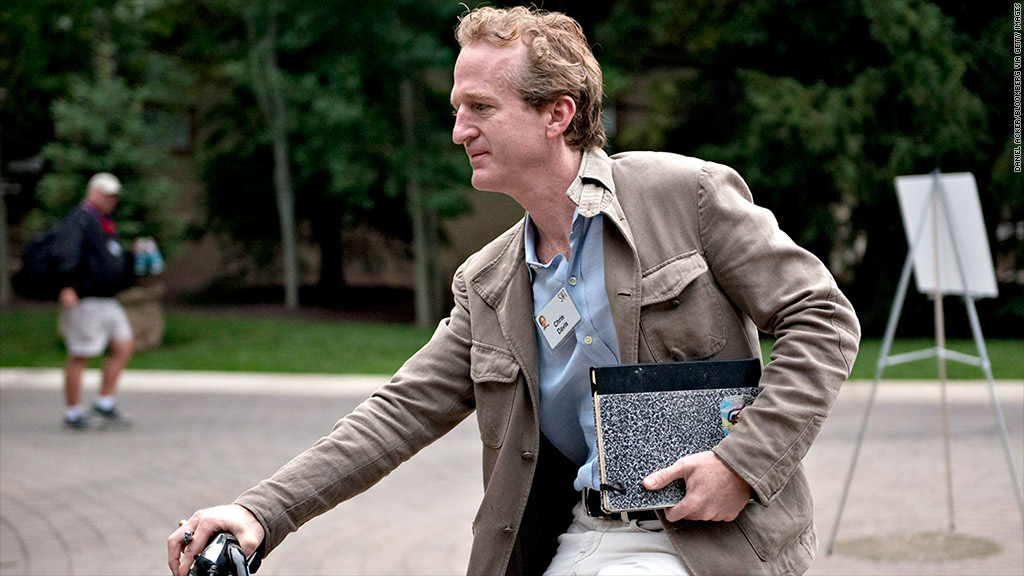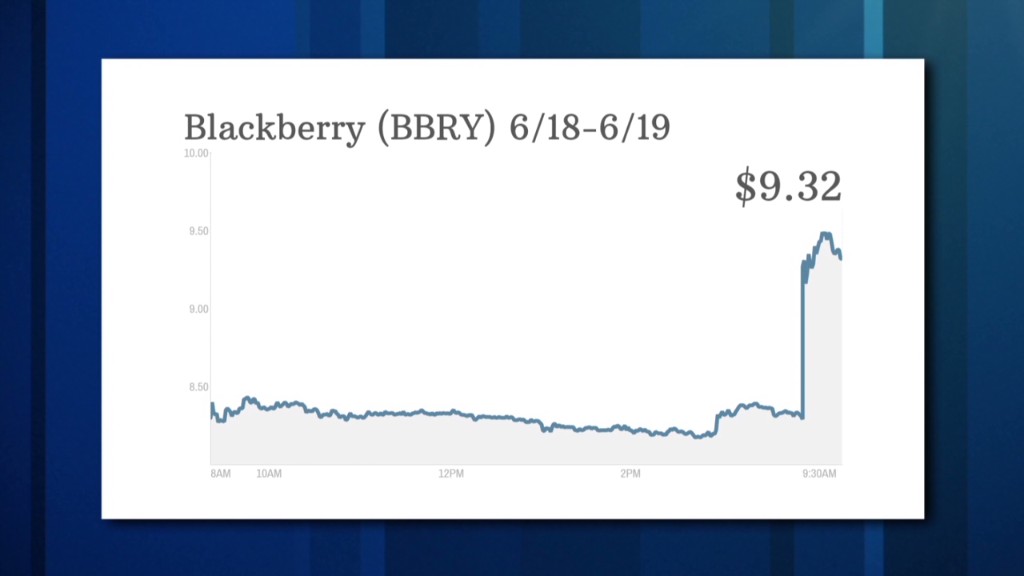
Imagine if Angelina Jolie, Tom Hanks and Meryl Streep got together to share tips on acting and making it in Hollywood. That's the level of investment star power gathering this week at the Morningstar Investment Conference in Chicago.
The following tips are from three rock star investors who previously won Morningstar's fund manager of the year award -- the investment world's equivalent of the Oscars.
1. Avoid past performance bias: Investors often focus too much on a stock's recent history. Value investors may decide not to buy a stock because it's already had a big move. Growth investors may decide the opposite. But Chris Davis, manager of the Davis New York Venture Fund and Selected American Fund, said in reality, neither is true.
"You hate passing at something at $20 and looking at it again at $40," said Davis. "Stocks don't know where they've been. Where they've been says nothing about their value. It's hard to overcome that bias."
While investors shouldn't ignore past performance, they should put more emphasis on the fundamentals of a company, its growth trajectory and industry dynamics.
"If a stock has doubled or tripled, you have not missed it. If the earnings are going to go up another five-fold. you've got to just swallow hard" and buy it at that price, said Will Danoff, who manages over $100 billion at Fidelity Investments.
Related: 77-year-old trader: How I made a lot of money
2. Look for CEOs who can adapt: Technology is transforming countless industries at such a rapid pace that staying ahead of the crowd has become increasingly important for management teams.
"Competitive advantage is a temporal thing. What really matters is a management's ability to adapt," said Davis.
He noted that many companies in the media, pharmaceutical and retail industries are struggling in part because they had business models that were "carved in stone" and management grew complacent.
"The world changes. If you're not learning, you're falling behind," said Davis.
It's clear Mark Zuckerberg falls into that category of a CEO willing to adapt. He pivoted by recalibrating Facebook (FB)'s focus to mobile monetization following the social network's initial public offering to respond to dramatic shifts in user behavior.
"Mark and his team saw the smartphone emerging very quickly. He made a mistake" but quickly adapted, said Danoff.

3. Don't forget mistakes: When an Internet and technology company went public in 2004 amid much fanfare, Davis passed on getting a piece of the IPO.
Today, that company -- Google (GOOGL)-- is worth more than $375 billion and continues to grow at a healthy clip.
Davis won't forget that missed opportunity because he pinned a Google stock certificate on his firm's "wall of shame," which features their biggest mistakes of the year. The point is to transfer the lessons learned in each bad investment decision.
"We all make mistakes and you've got to learn from your mistakes," said Danoff.
4. Pre-mortems: As important as it is to understand what went wrong after a mistake, it's also vital to see the risks ahead of time.
Davis said he likes to conduct a "pre-mortem," which is a forecast explaining if the investment (or failure to invest) was a disaster five years later, this is probably why.
This strategy could help investors jump into a stock before carefully considering how shifting landscapes can quickly wipe out a business plan.
Related: Wall Street's new buzzword: Smart beta
5. Do your homework in person: Investing in emerging markets can be notoriously difficult given cultural differences, media censorship and corruption.
That's why Michael Hasenstab has spent about 80% of his time on the ground in far-flung emerging markets like China, Central Europe and Africa this year.
"It's definitely integral to our research process to make sure we are out there on the ground and use that observation to help us frame the questions we should be asking," Hasenstab, who oversees about $190 billion at Franklin Templeton Investments, told reporters on the sidelines in Chicago.
For example, Hasenstab's bullish stance on China was fueled in part by shifts in wage and consumption that he first learned about from academics he met while visiting the Asian country.
While this level of research is obviously not feasible for most retail investors, they should keep it in mind when traveling abroad and by choosing funds willing to get their hands dirty on the ground.
Related: One winner from the Iraq turmoil: Energy stocks
6. Not all swans are black: Investors frequently hear about the threat of a "black swan," which is a very difficult to predict event that has enormous ripple effects in finance.
Normally, these are thought to be extremely negative events like wars, financial panics or even natural disasters such as an earthquake.
Black swans are not just bad things like a bombing in Time Square or a failed Treasury auction, Davis said. "There are these large, unexpected enormously positive events that move the world forward."
He pointed to the invention of the Internet, globalization and even the shale gas boom that is transforming the U.S. energy picture.
"Awful things are going to happen and yet spectacular things are going to happen too. How you balance that growth with that risk is the whole secret," said Davis.


